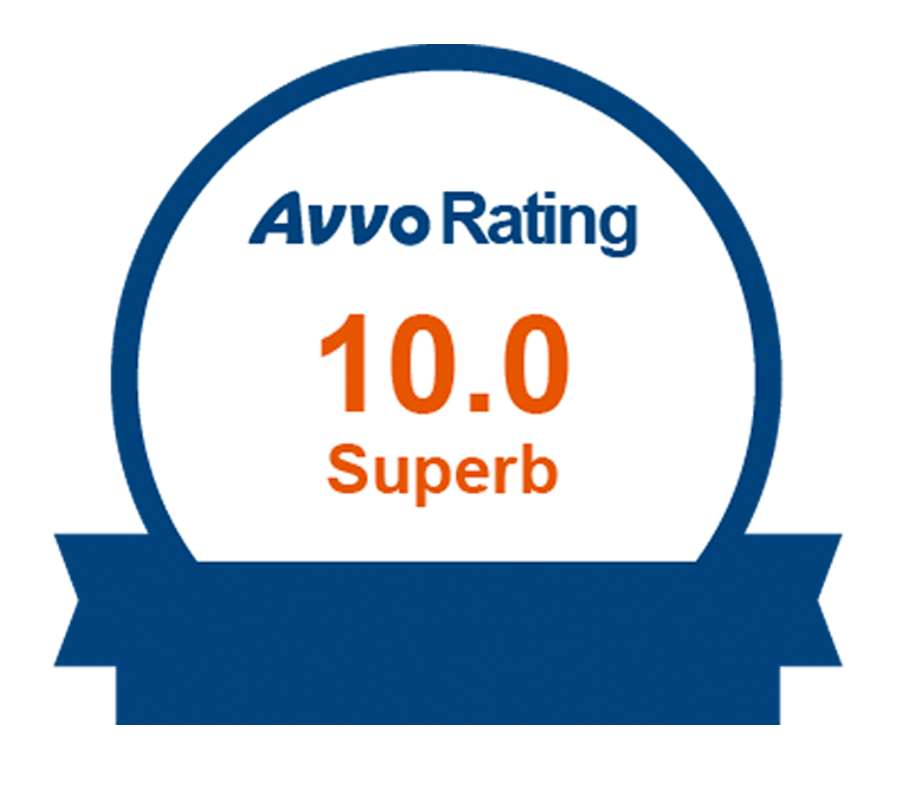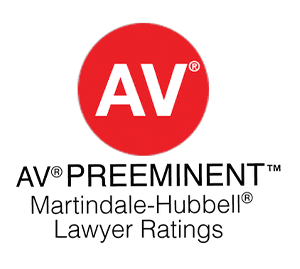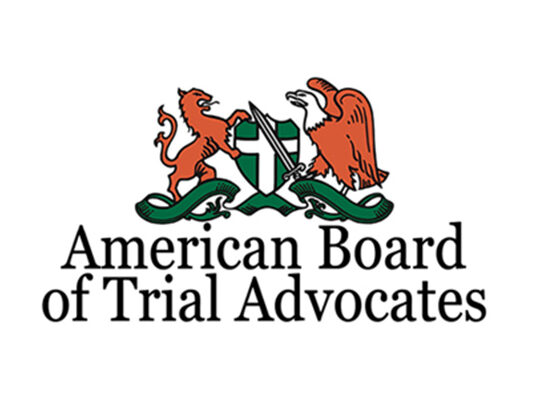Navigating the aftermath of an accident can be daunting. One critical aspect of this process is your communication with your insurance company.
While it’s essential to report the accident, it’s equally important to be mindful of what you tell them. Certain statements, even when made unintentionally, can significantly impact the outcome of your claim and the compensation you receive.
Understanding this intricate dynamic can mean the difference between a fair settlement and the right settlement. Here, you can learn what to avoid telling your insurance company after an accident.
If you are involved in an accident and need legal assistance, contact our auto accident lawyers in Daytona Beach at Zimmet & Zimmet. We can review your case and help you when you speak to your insurance company.
The Temptation to Speculate
In the chaos following an accident, it’s only human nature to speculate and attempt to reconstruct the sequence of events. This speculation often extends to conversations with our insurance company as we try to make sense of the situation.
However, it’s important to remember that insurance companies may take these conjectures as statements of fact. This can have serious implications on your claim and potentially jeopardize your chances of receiving full compensation.
The Risk of Guesswork
When asked about the accident’s specifics, like speed, distance, or time, the temptation to guess might be strong. You might feel pressured to provide immediate answers. But any inaccuracies, even if unintentional, could negatively affect your claim.
Embracing Uncertainty
It’s crucial to understand that it’s okay to not have all the answers right away. If you’re uncertain about any detail, it’s better to express that uncertainty rather than make a potentially inaccurate statement. Remember, “I don’t know” is a valid response when you’re unsure. It’s better to seek clarity and truth than to risk your claim with uncertain guesswork.
The Rush to Admit Fault
It’s often instinctual to apologize after an accident, even when it isn’t our fault. This immediate response may stem from empathy or shock, but it can be misconstrued as an admission of guilt when communicating with your insurance company.
The Pitfalls of Premature Apologies
Such premature apologies or statements can significantly impact the assessment of liability in your claim. They could potentially be used as evidence against you, even if the accident was not your fault.
Leaving Fault Determination to Professionals
It’s essential to understand that the responsibility for an accident isn’t always apparent at the scene. Determining fault involves a detailed investigation of facts and circumstances that you may not have complete visibility of immediately after the incident.
Instead of rushing to admit fault or apologize, it’s recommended to stick to the facts when reporting the incident. Allow the insurance adjusters and legal professionals to undertake the task of determining fault based on objective evidence.
Remember, your priority should be to ensure everyone’s safety, seek medical attention if required, and report the incident without accepting or assigning blame prematurely.
The Pressure to Provide Immediate Statement
Following an accident, your insurance company may request an immediate statement regarding the incident. While it’s necessary to report the accident promptly, you don’t have to provide a detailed statement on the spot.
Emotional stress and potential injuries could cloud your judgment and recall ability, leading to inaccurate or incomplete details. You have the right to defer your statement until you have consulted with your attorney or have a clearer understanding of the events that took place.
The Trap of Undervaluing Your Injuries
In the moments after an accident, adrenaline and shock may mask the severity of your injuries. Therefore, avoid making definitive statements about your physical condition to your insurance company immediately after the incident.
Symptoms from many injuries, including whiplash and concussions, might not surface until days after the accident. Always consult a healthcare professional before making any statements about your physical well-being.
The Pitfall of Accepting the First Settlement Offer
One common tactic insurance companies use is offering a quick, low settlement for personal injury claims. While it might be tempting to accept this initial offer to expedite the process, it’s often a mistake. These first offers typically undervalue the true cost of the accident, especially when considering medical expenses, lost wages, and other long-term effects.
Take the time to fully assess your situation and consult an attorney before accepting any settlement offers. This can help ensure you receive fair compensation for your damages.
Our Legal Team Can Help with Your Personal Injury Claim
Dealing with insurance companies after an accident can be complex and challenging. It’s crucial to remember that insurance companies, while necessary, are businesses aiming to minimize costs. Therefore, being cautious about what you share with them is in your best interest.
When in doubt, consult our Daytona Beach lawyers at Zimmet & Zimmet. We’re dedicated to protecting your rights and ensuring you receive the compensation you deserve following an accident. Remember, your words matter, so make sure they work in your favor.
Additional Information about Daytona Beach Accident Law
How Are Pain and Suffering Damages Determined After a Daytona Beach Car Accident?
Understand Rear-End Car Accidents and Your Rights in Daytona Beach
Do I need to Hire a Daytona Beach Accident Lawyer?
How Much Can I Sue for After a Car Accident?








